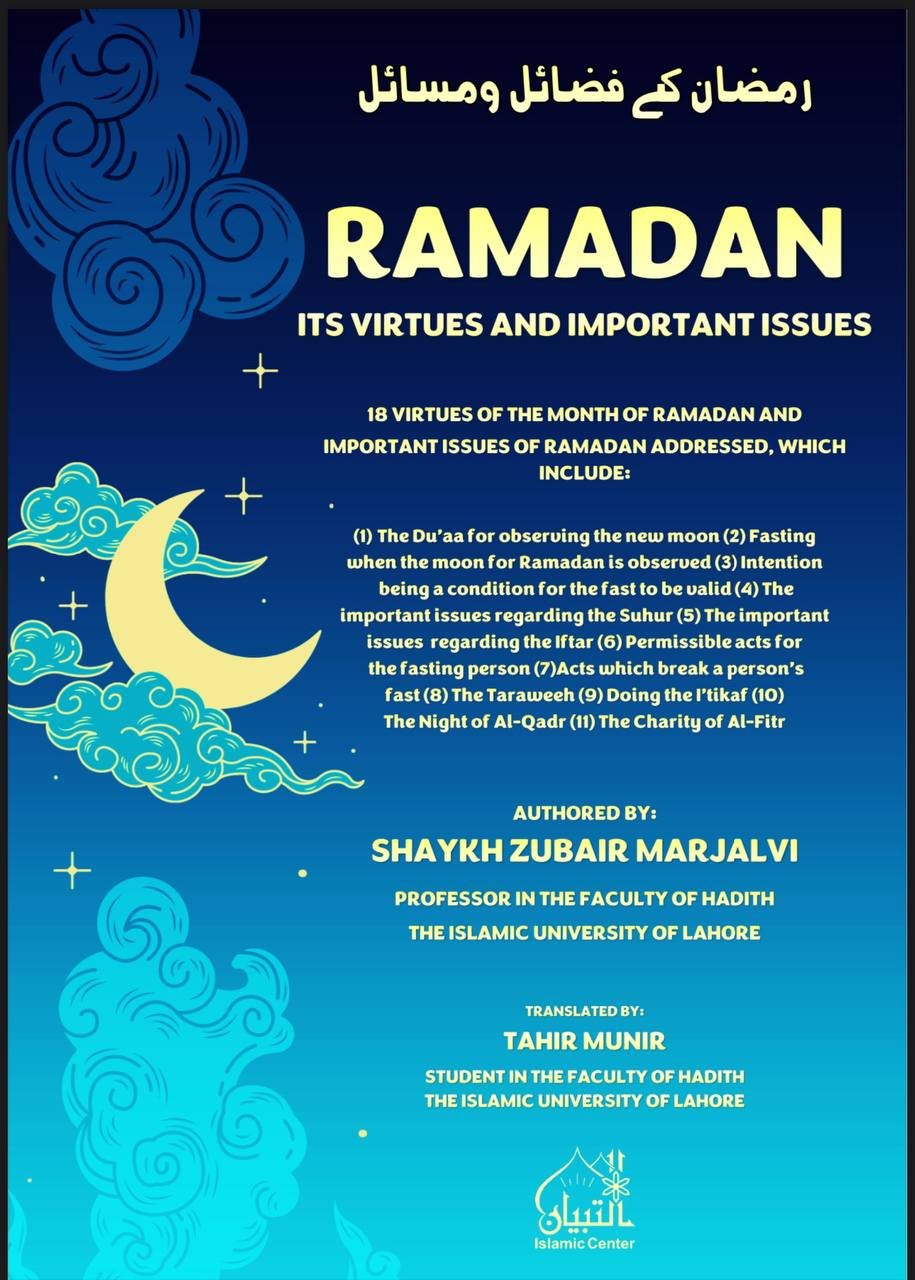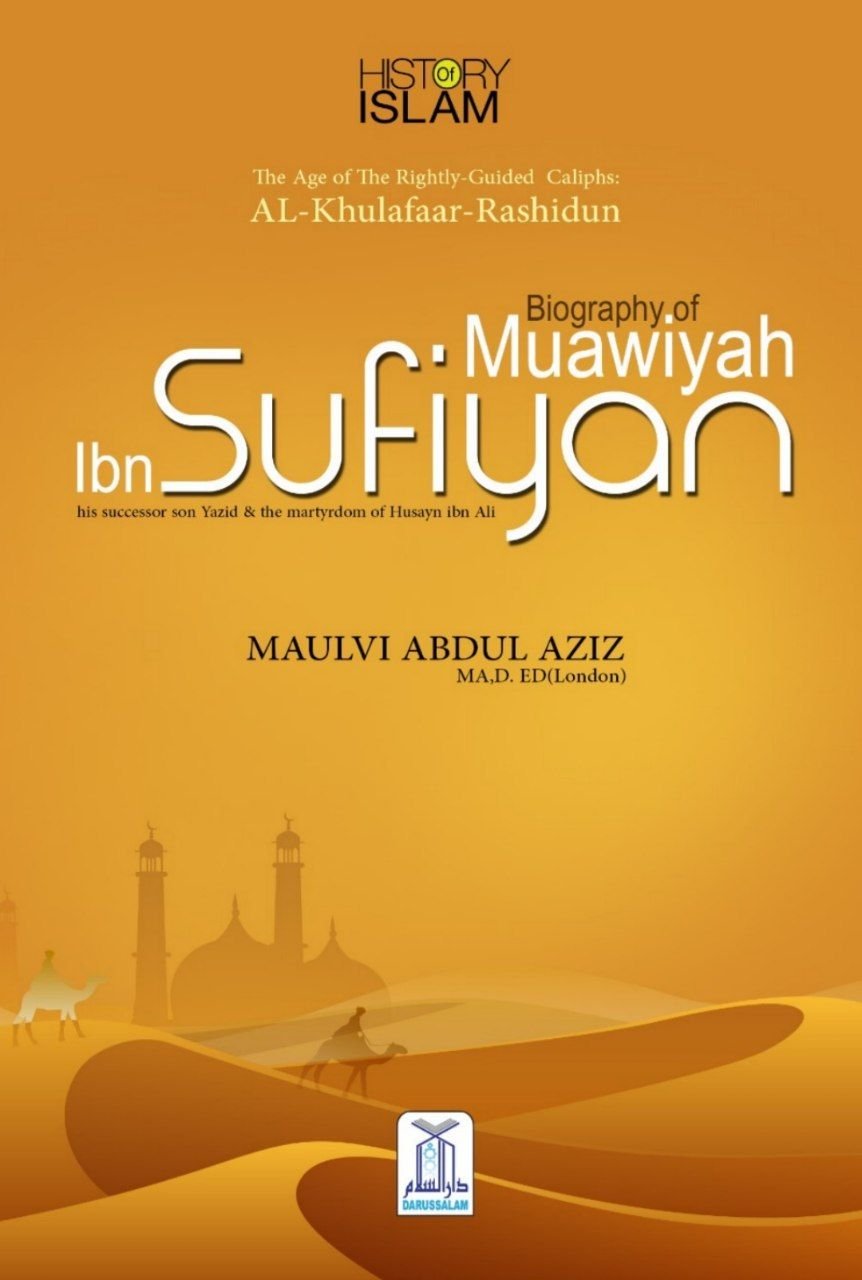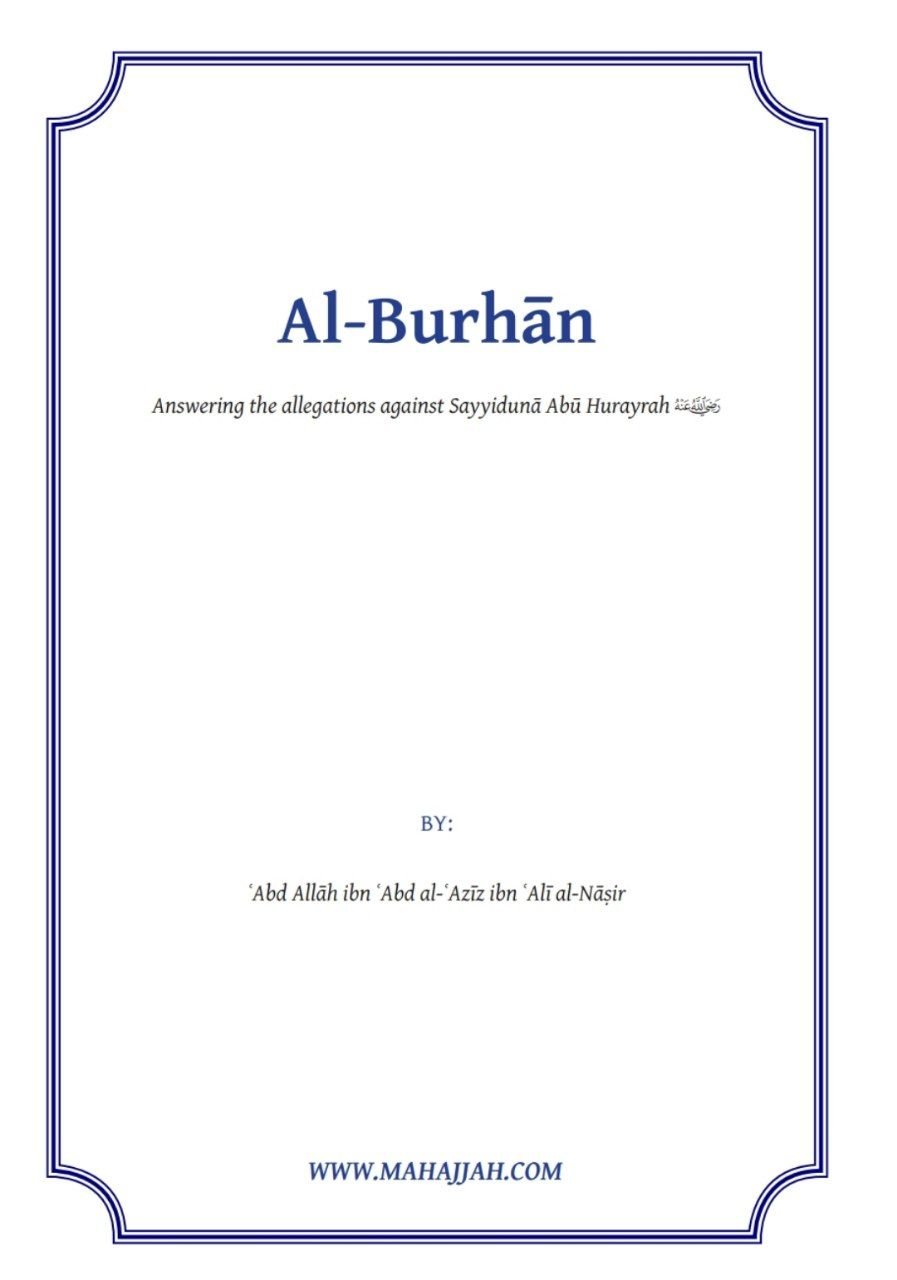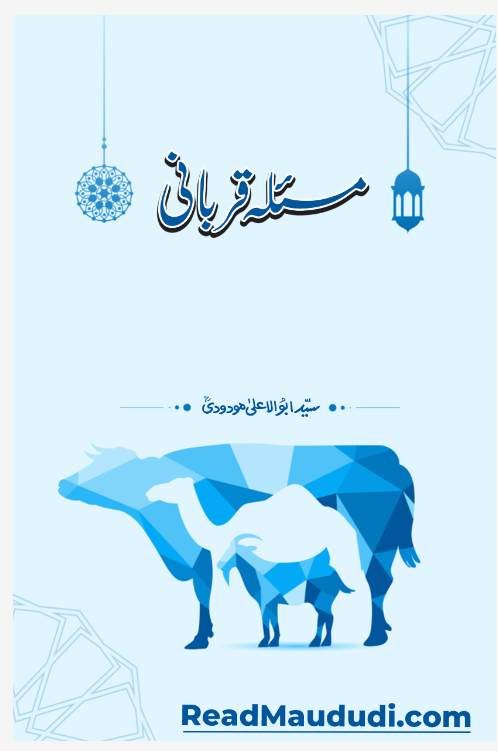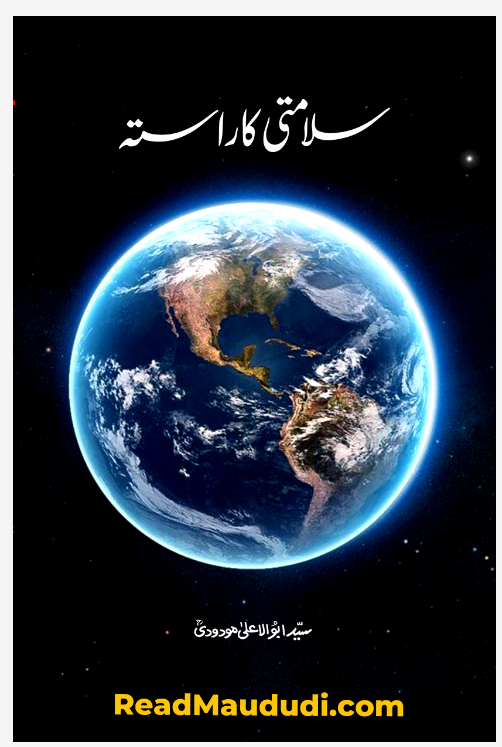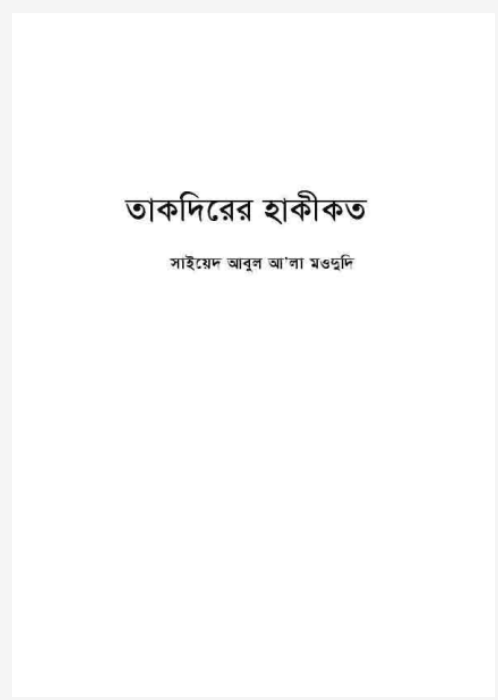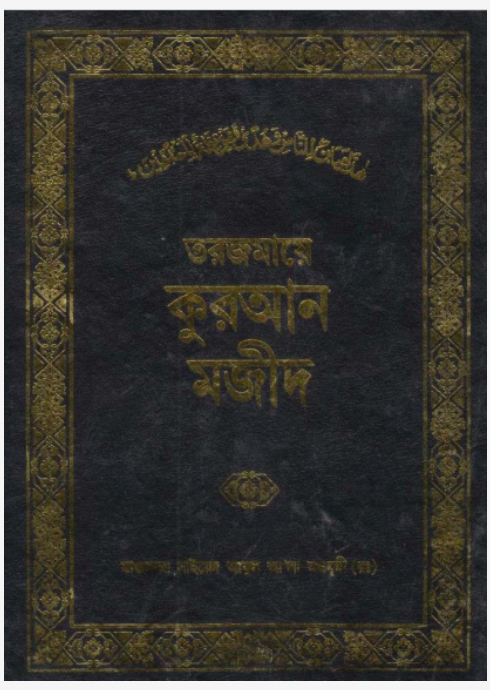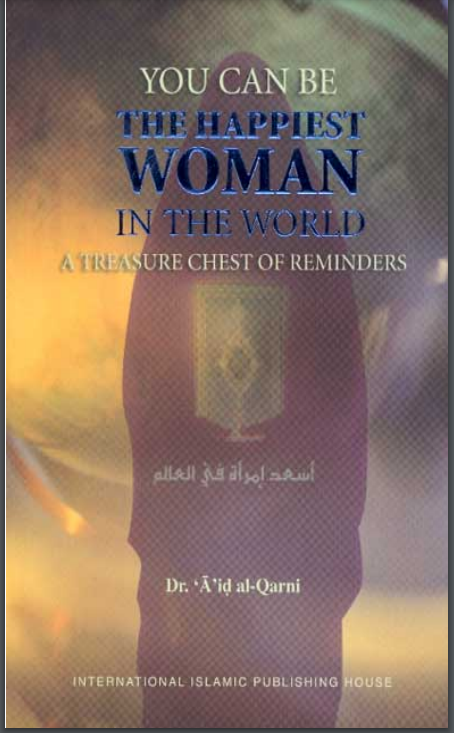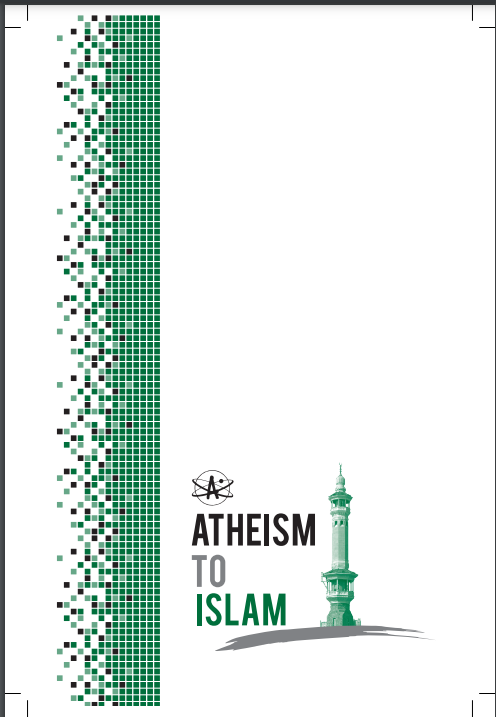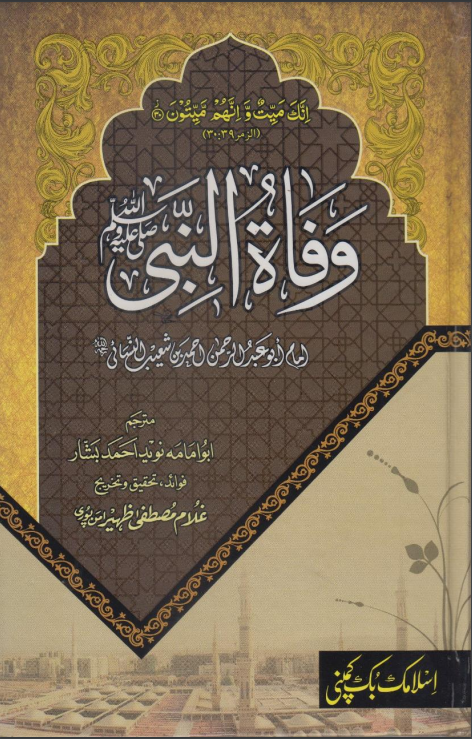

The Status of Mothers in Islam
Reviews
No review yet. Be the first to review this book!
Description
"The Status of Mothers in Islam" by Shaykh Zubair Marjalvi is a profound work that delves into the revered position of mothers within Islamic teachings. The book emphasizes the importance of honoring, respecting, and caring for mothers, highlighting their significant role in shaping both individual lives and society at large. Shaykh Marjalvi uses various Qur'anic verses, Prophetic traditions (Hadith), and scholarly insights to establish the high status of mothers in Islam. The book begins by quoting relevant Qur'anic verses and Hadith that underscore the greatness of mothers. One of the key verses that Shaykh Marjalvi mentions is from Surah Luqman (31:14), where Allah commands, "And We have enjoined upon man [care] for his parents. His mother carried him with hardship upon hardship, and his weaning is in two years. Be grateful to Me and to your parents; to Me is the [final] destination." This verse highlights the immense sacrifice and difficulty that mothers undergo, and it is presented as a reason for showing gratitude and respect towards them. Shaykh Marjalvi also cites the famous Hadith of the Prophet Muhammad (peace be upon him), who said, "Paradise lies under the feet of mothers." (Ahmad). This Hadith is often quoted to emphasize that serving and honoring one's mother is not only a duty but is also a pathway to earning Allah’s pleasure and entering Paradise. The author explains that this metaphor signifies the immense honor and reward for those who fulfill their responsibilities toward their mothers. A significant portion of the book focuses on the challenges of motherhood. Shaykh Marjalvi discusses how mothers endure significant hardships in their roles, from pregnancy and childbirth to raising and nurturing children. He explains how Islam acknowledges the physical, emotional, and spiritual challenges mothers face and elevates their status for these sacrifices. He elaborates on the value Islam places on motherhood, which is seen as a form of worship and devotion to Allah. In addition to the spiritual aspects, the book highlights practical responsibilities toward mothers. Shaykh Marjalvi elaborates on the importance of kindness, respect, and care for mothers, especially as they age. The author draws attention to various Islamic guidelines for treating mothers with utmost love and compassion. He points out that a mother’s role is not just limited to providing physical care but extends to her emotional and spiritual contributions, helping shape her child's character and worldview. Shaykh Marjalvi also addresses the question of balancing respect for both parents. In Islam, the respect and care due to both parents are emphasized, but when it comes to the mother, she is given special mention. The book mentions how the Prophet Muhammad (peace be upon him) was asked by a companion who he should honor first. The Prophet replied, "Your mother." When asked again, he replied, "Your mother." And when asked a third time, he said, "Your father." (Sahih Bukhari). This Hadith is used to emphasize the special status of mothers, highlighting that they deserve a higher level of respect and care. The book also discusses the social impact of honoring mothers. By raising children with love, care, and the right Islamic values, mothers contribute significantly to the overall welfare of society. The book points out that a mother’s nurturing role lays the foundation for ethical, moral, and responsible citizens who can positively impact their communities. Shaykh Marjalvi further reflects on the rewards of serving mothers. He explains that taking care of a mother, especially in her old age, is a means of gaining divine reward. He quotes from the Hadith, where the Prophet (peace be upon him) said, "A person who is kind to his mother and takes care of her is like someone who has fasted during the day and prayed at night." This highlights the significance of such acts in the eyes of Allah. The book also includes practical advice for children who may have lost their mothers, encouraging them to continue honoring their mothers by making dua (prayers) for them, giving charity on their behalf, and maintaining ties with people who were dear to their mothers. In conclusion, "The Status of Mothers in Islam" by Shaykh Zubair Marjalvi offers a deep and comprehensive insight into the exalted position of mothers in Islam. Through Qur'anic references, Prophetic traditions, and practical examples, the book encourages Muslims to recognize the immense value of their mothers and to fulfill their duties toward them with love, respect, and kindness. It serves as a reminder of the key role mothers play in nurturing individuals, shaping societies, and earning Allah's mercy and reward.









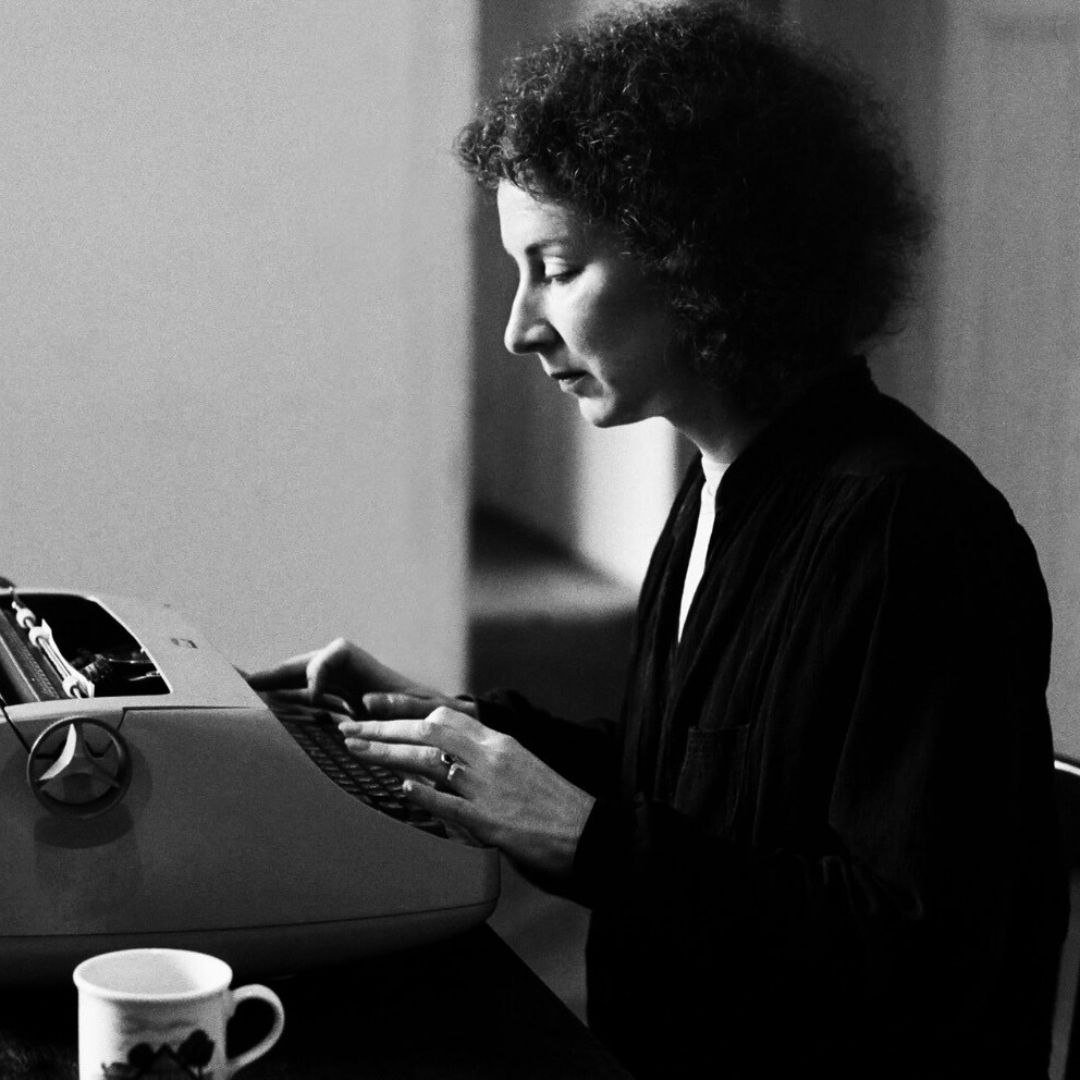


















.jpeg)
.jpg)

.png)





.jpg)
.jpg)




.jpg)
.jpeg)



.jpeg)







.jpeg)
.jpeg)






.jpg)












.jpg)



.jpg)



.jpg)

















